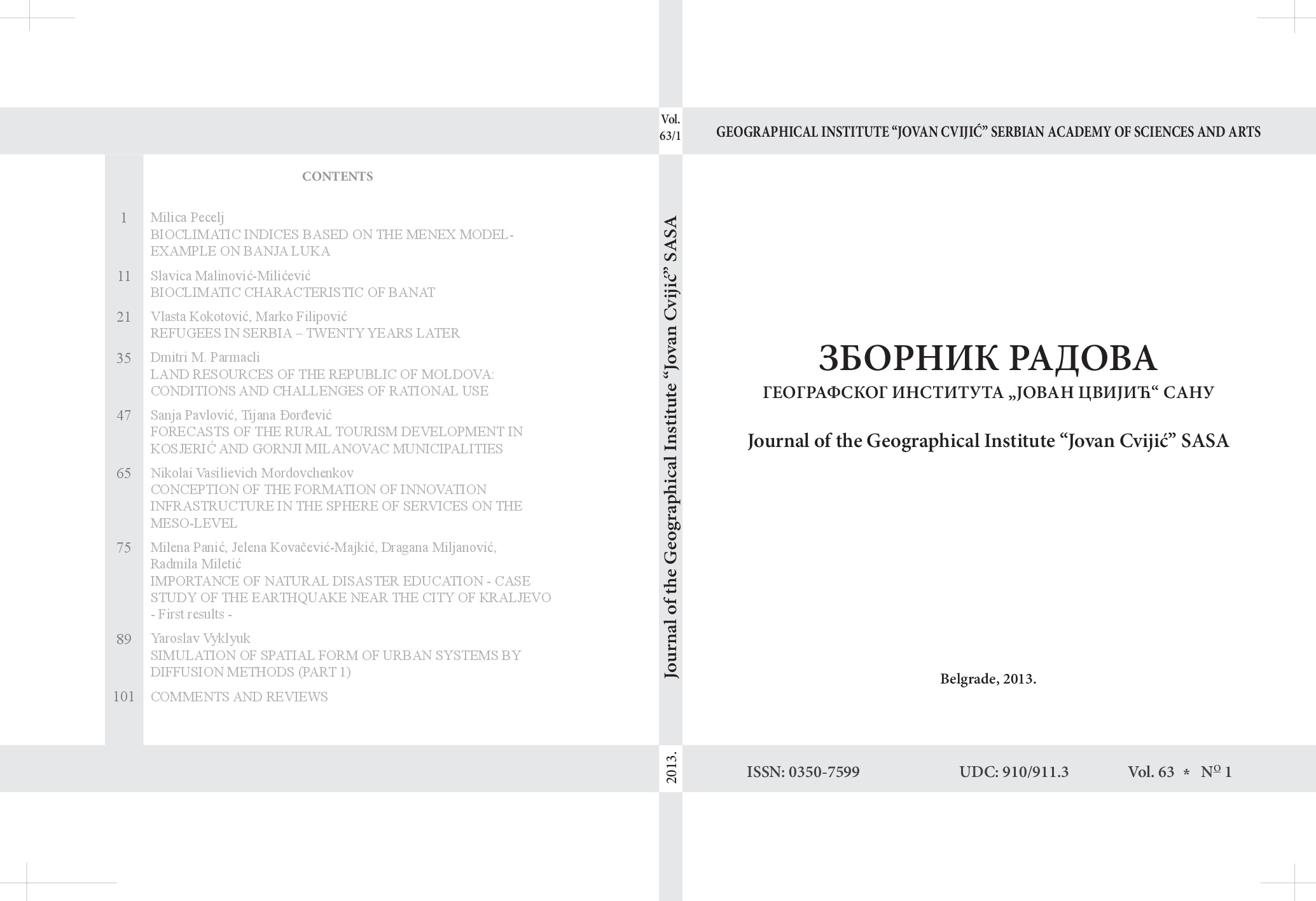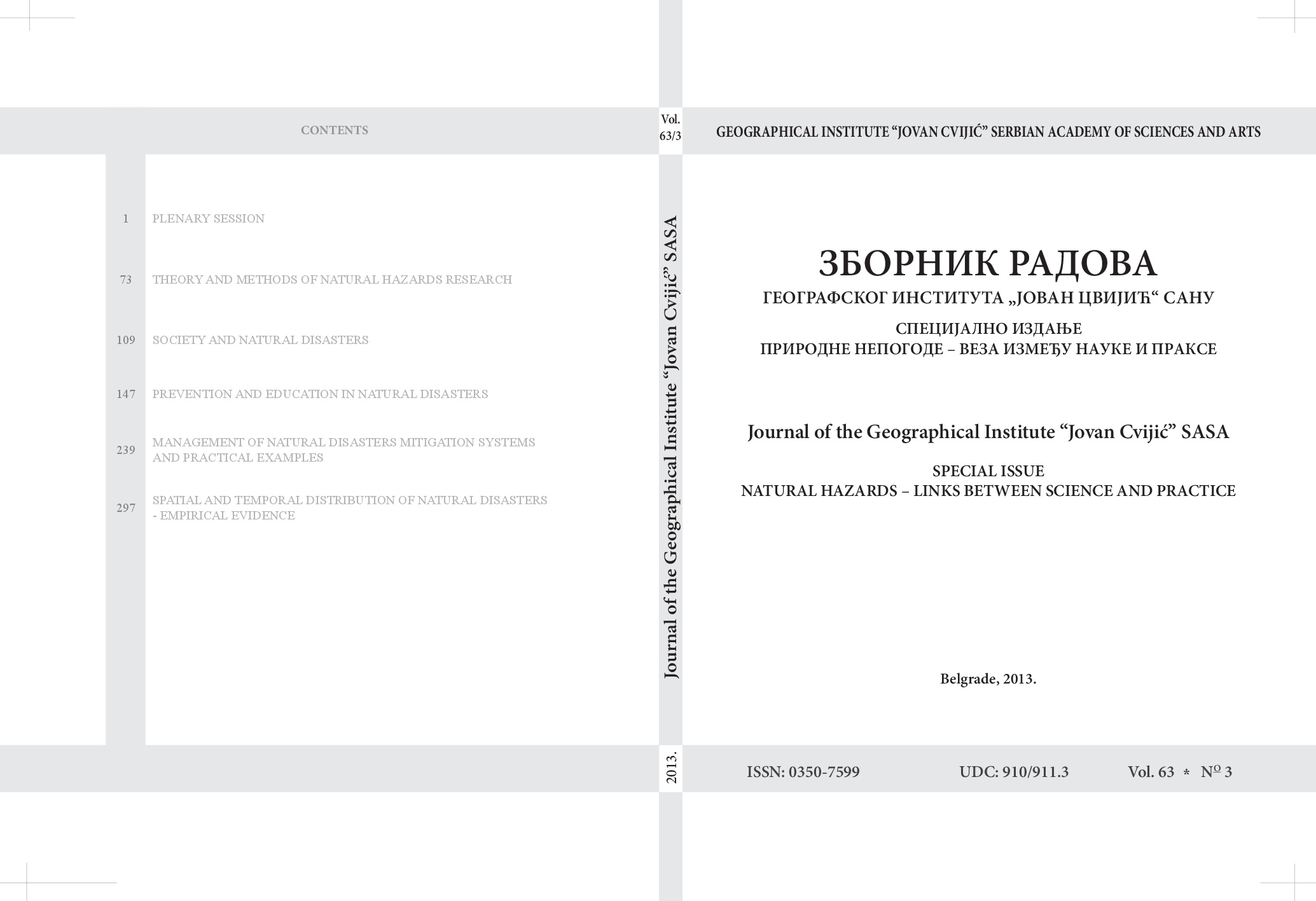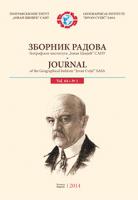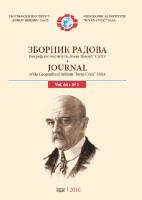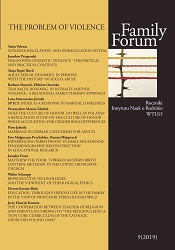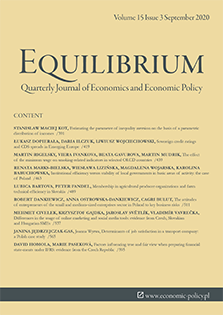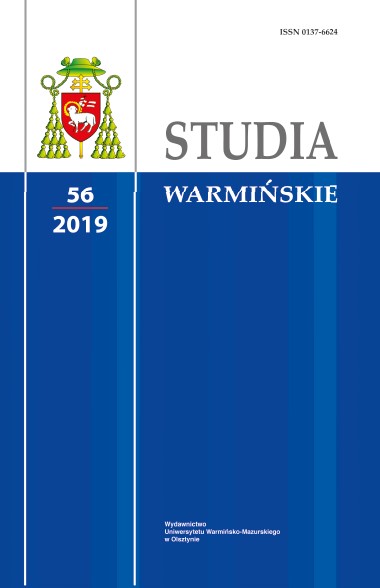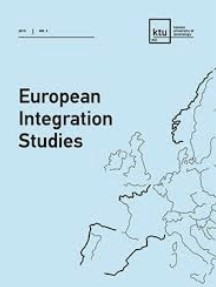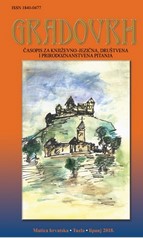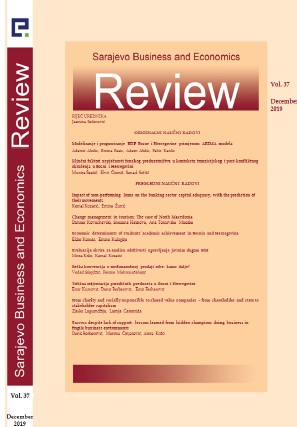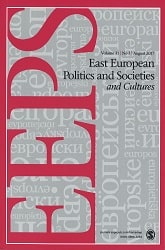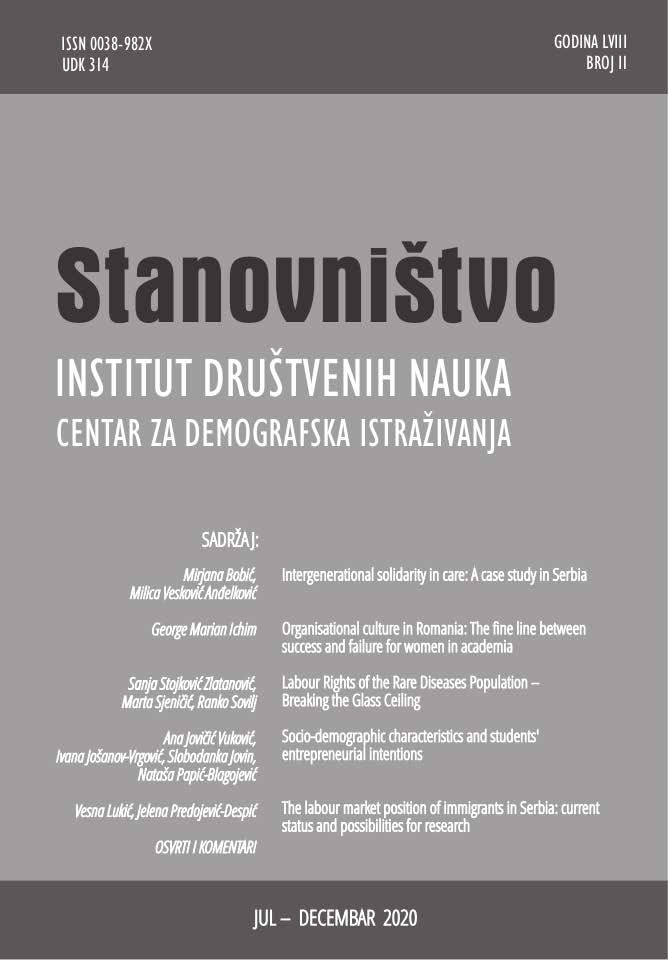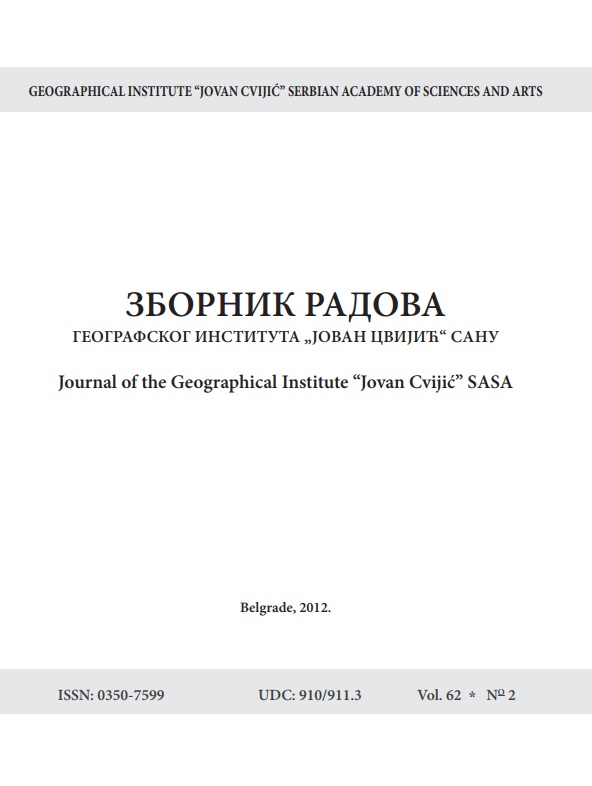
Self-Employment and Enterpreneurship as a Choice: an Example of Serbia
The transition to a market economy in Serbia still hasn’t created a good enough enviroment for enterpreneurship to flourish. Enterpreneurship is more commonly manifested as a result of the push effect- the need for work and survival, and it’s success is the result of the pull effect- recognizing bussiness possibilities and market chances. The economic crisis has further increased unwanted demographic movements, especially inside migration of younger and more educated population from rural areas to bigger cities. The only way to battle the high unemployment rate of women and the young in Serbia is to create more attractive conditions for the development of enterpreneurship. That can be acomplished by bettering the macroeconomic ambience of business as well as by funding the need for start-up capital. The first priority is to create the conditions necessary for safe and long term business development.
More...
